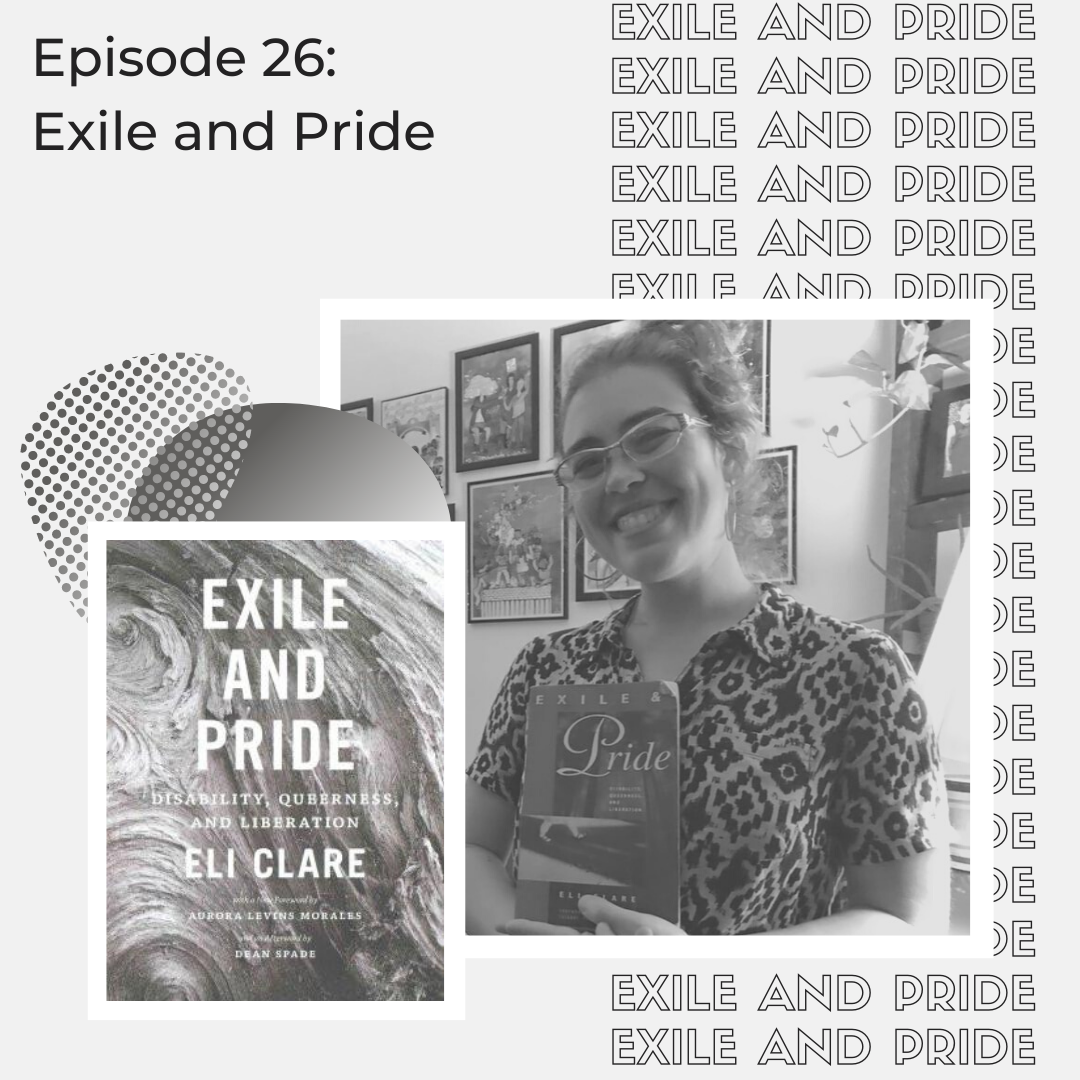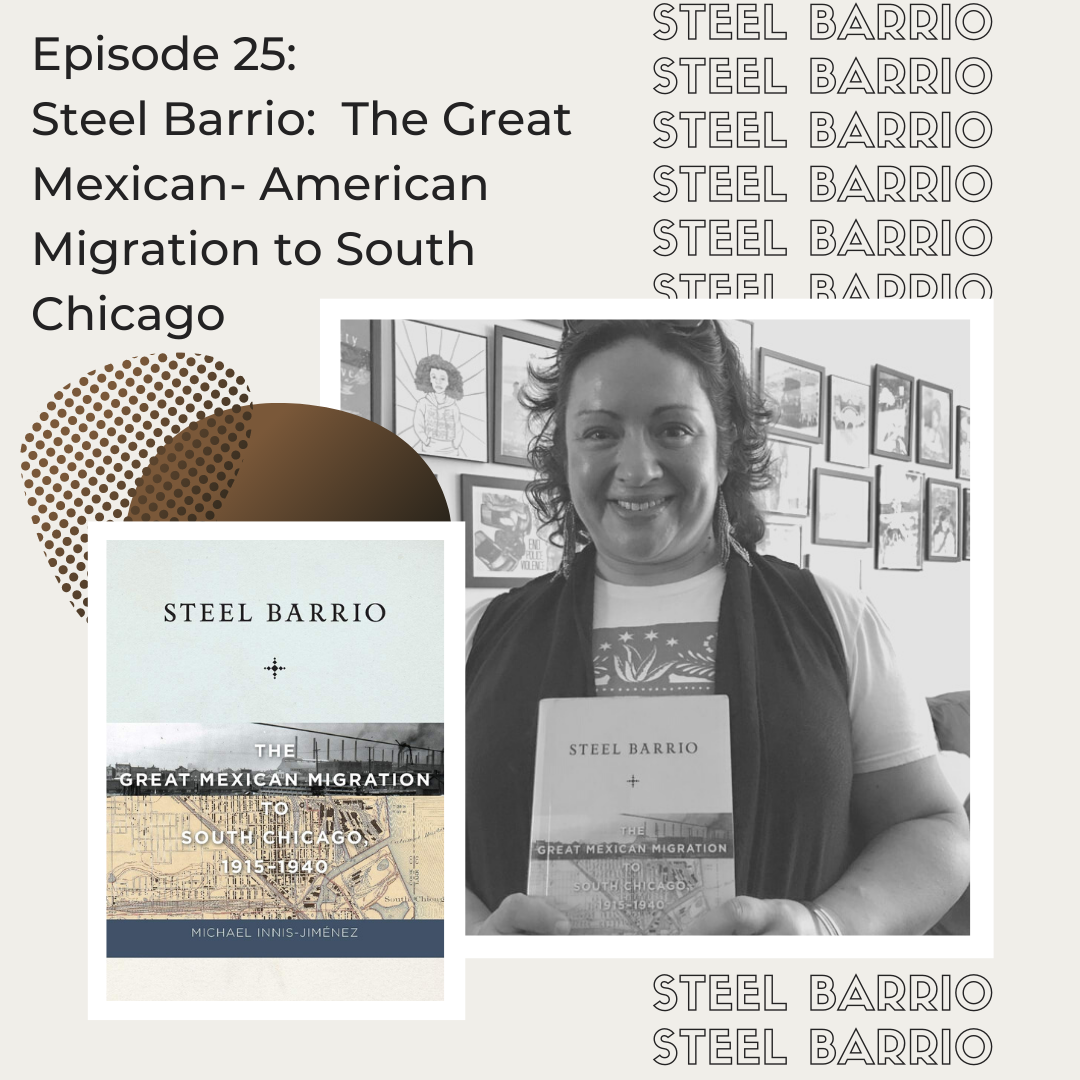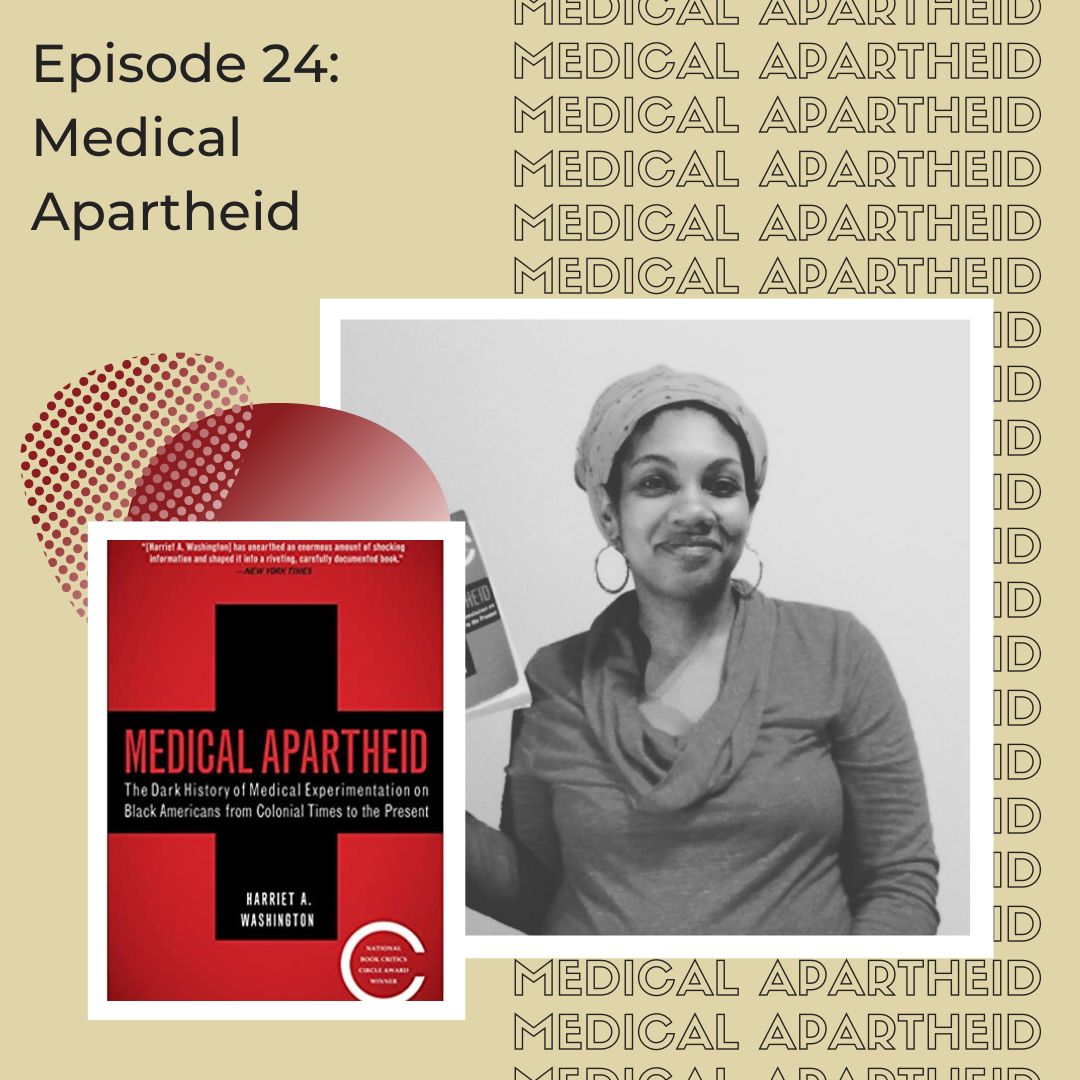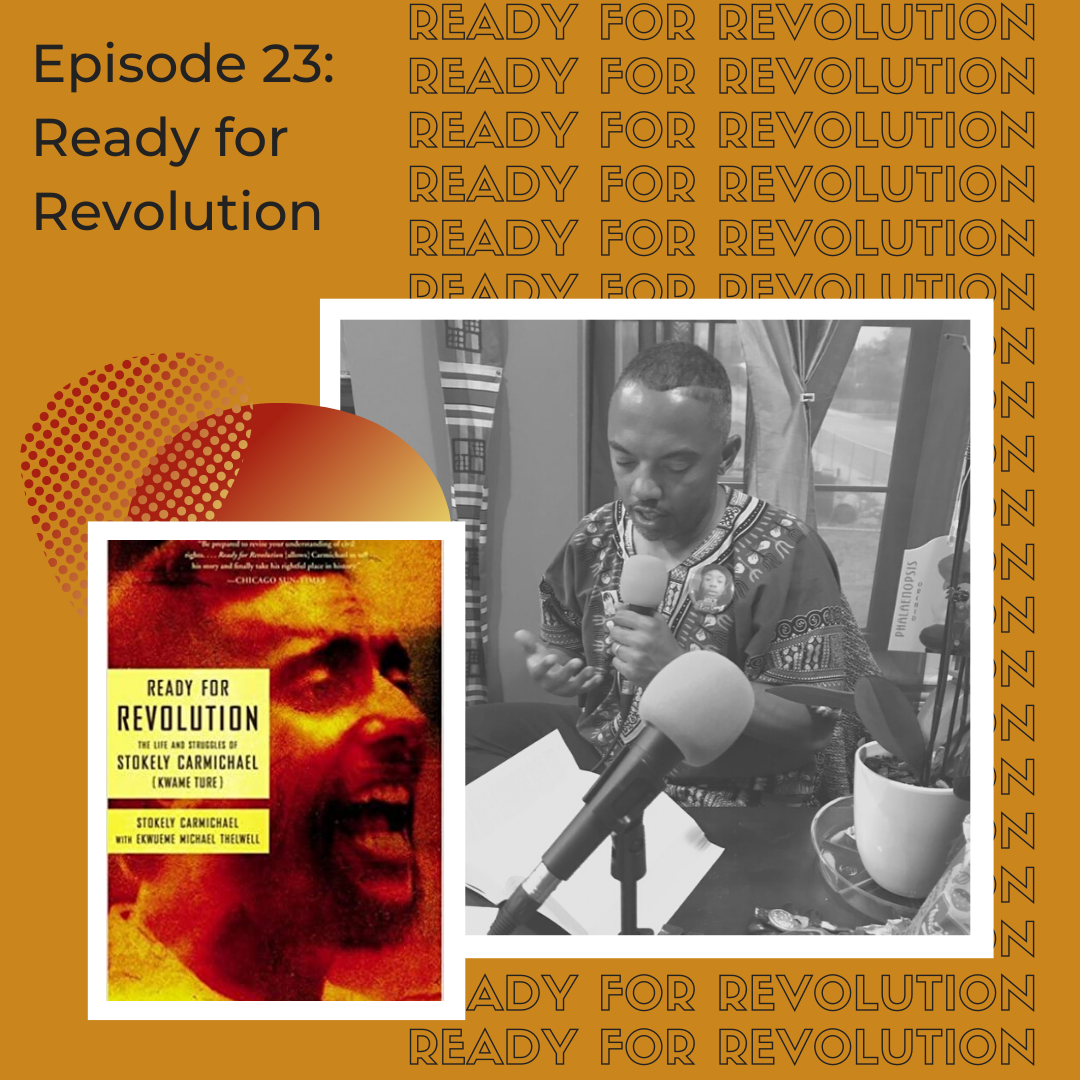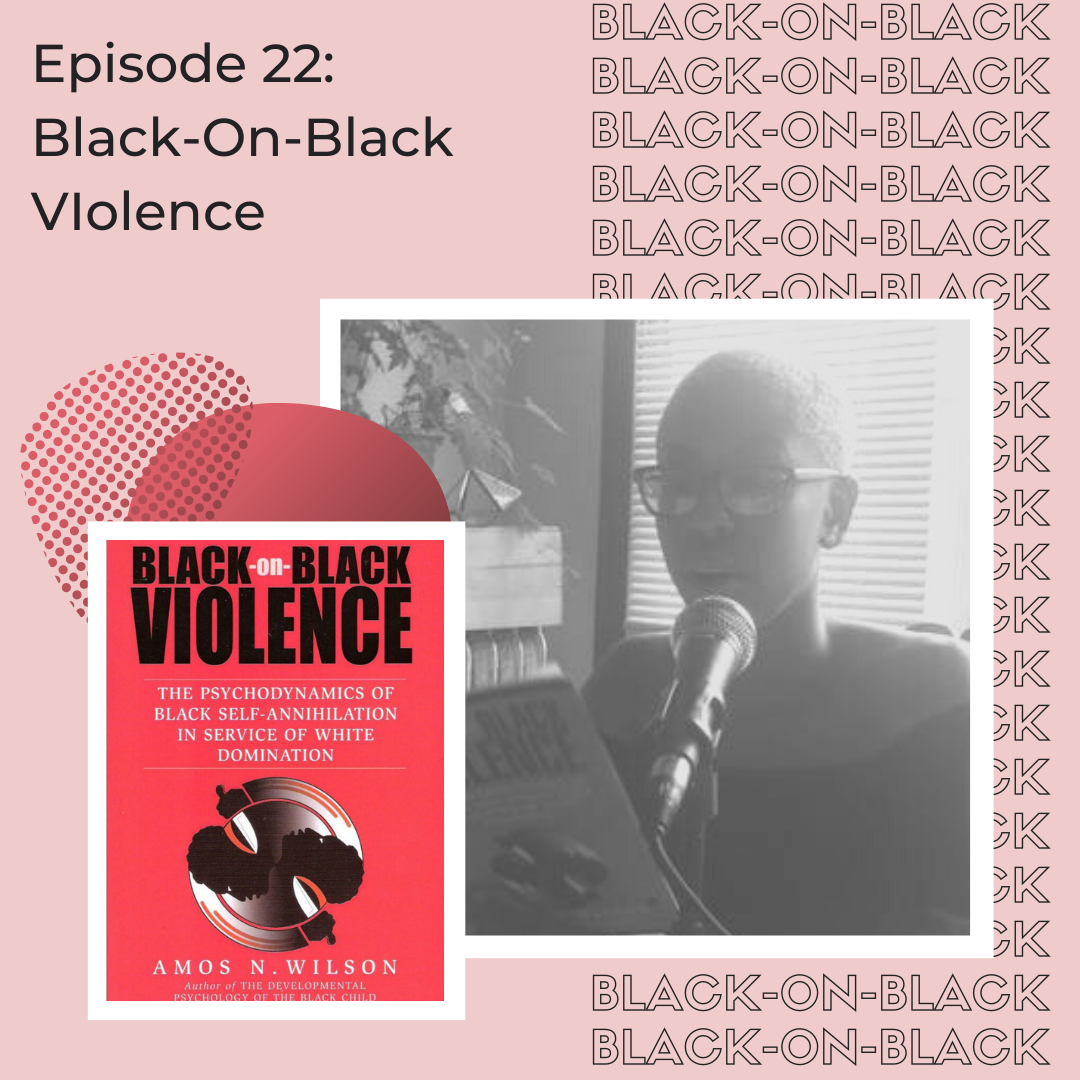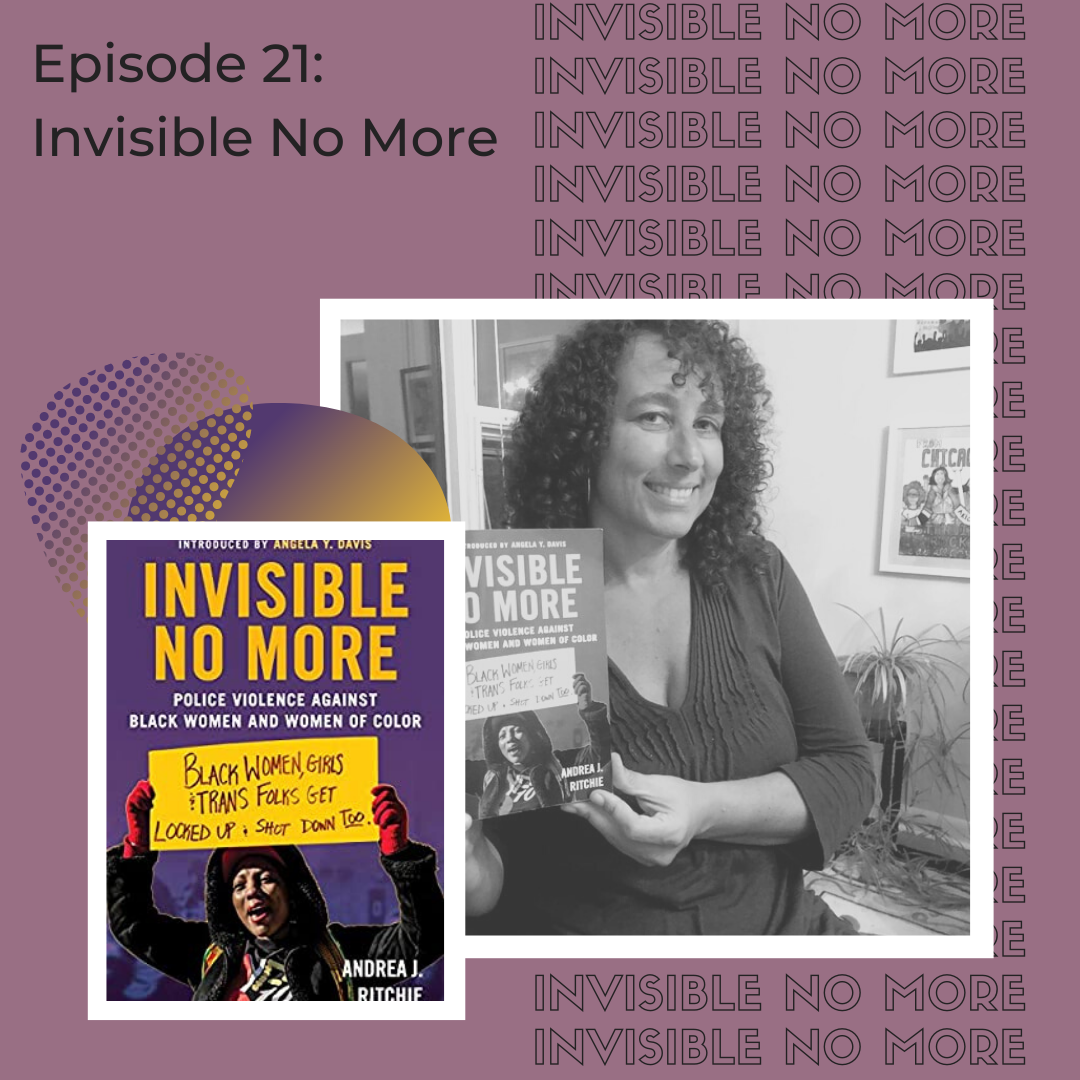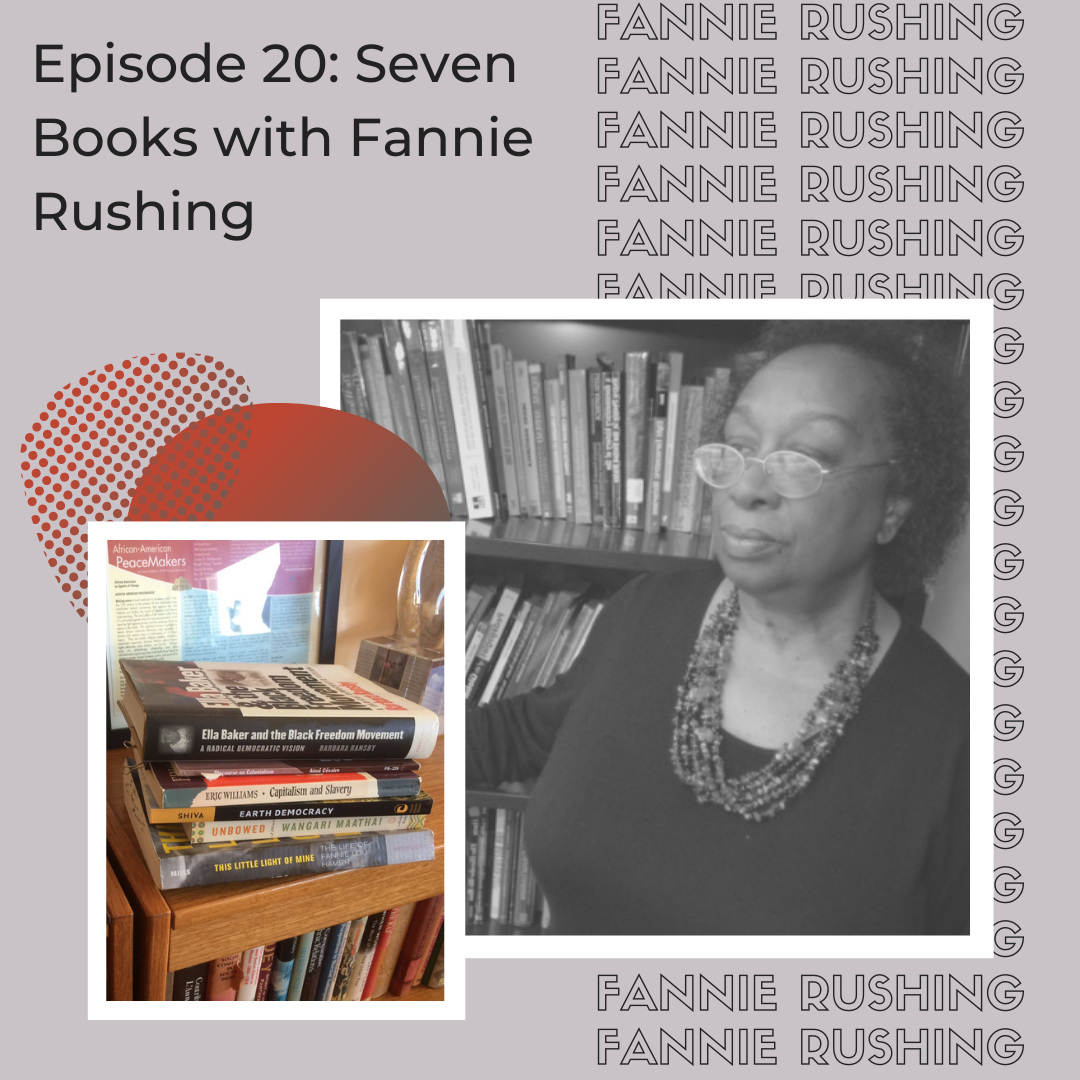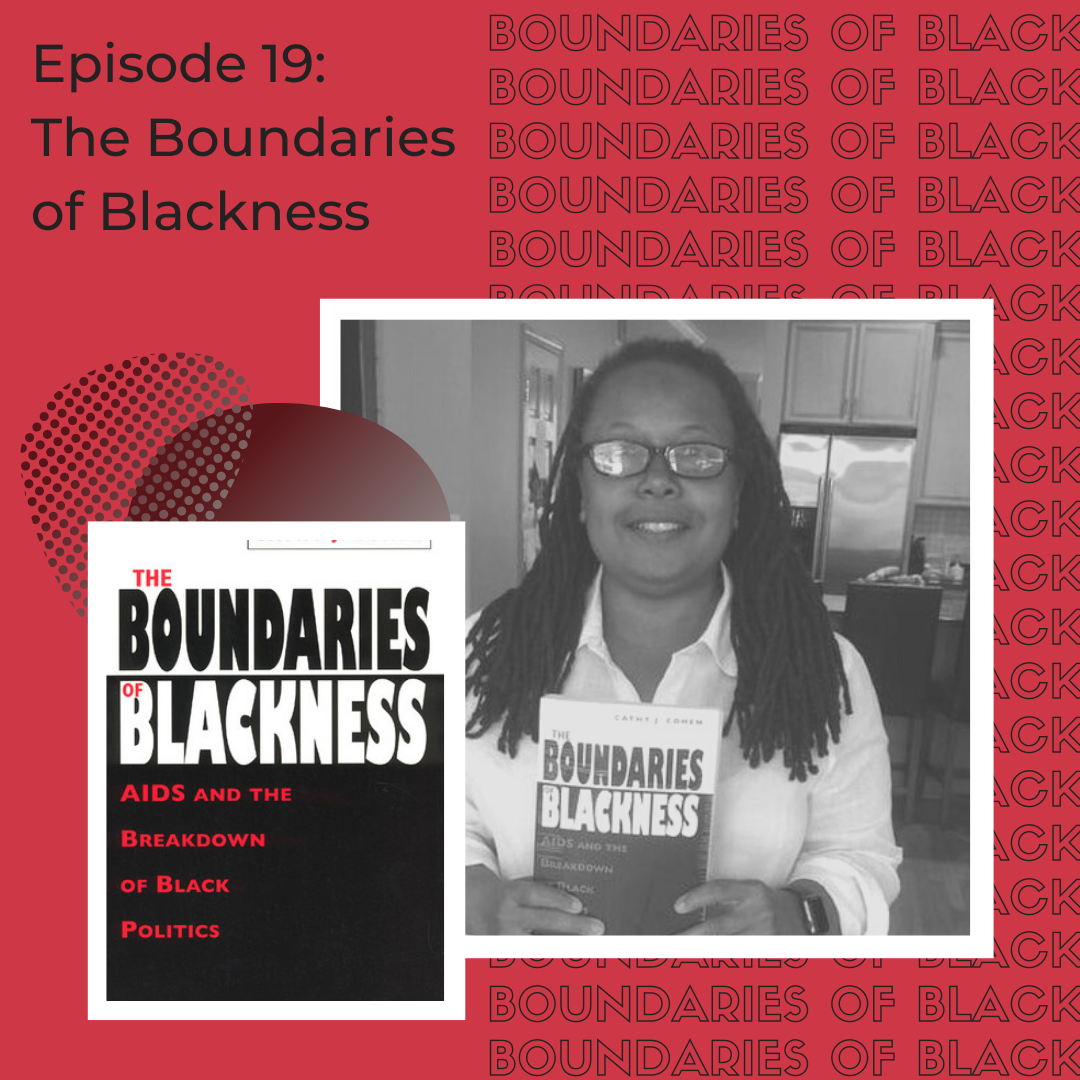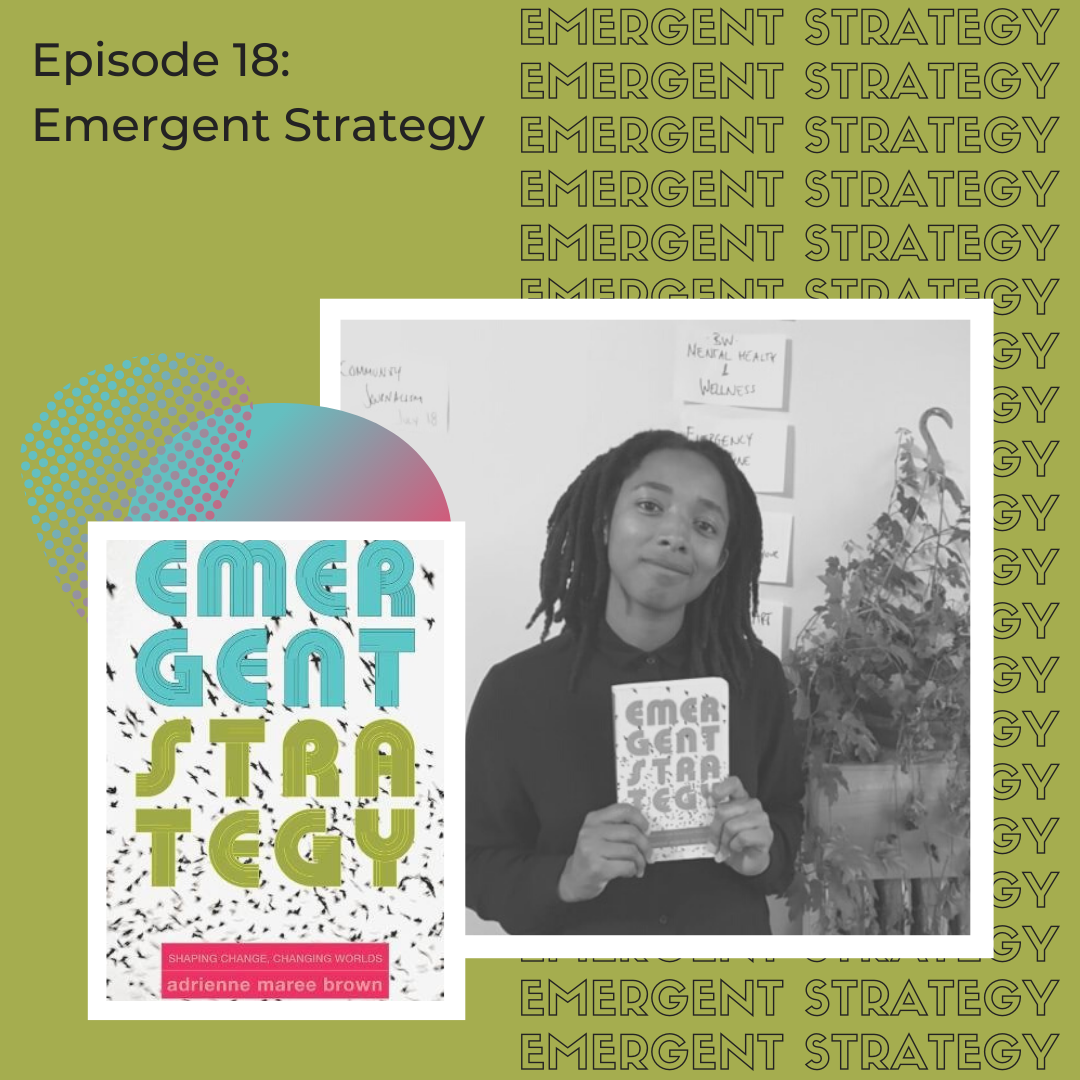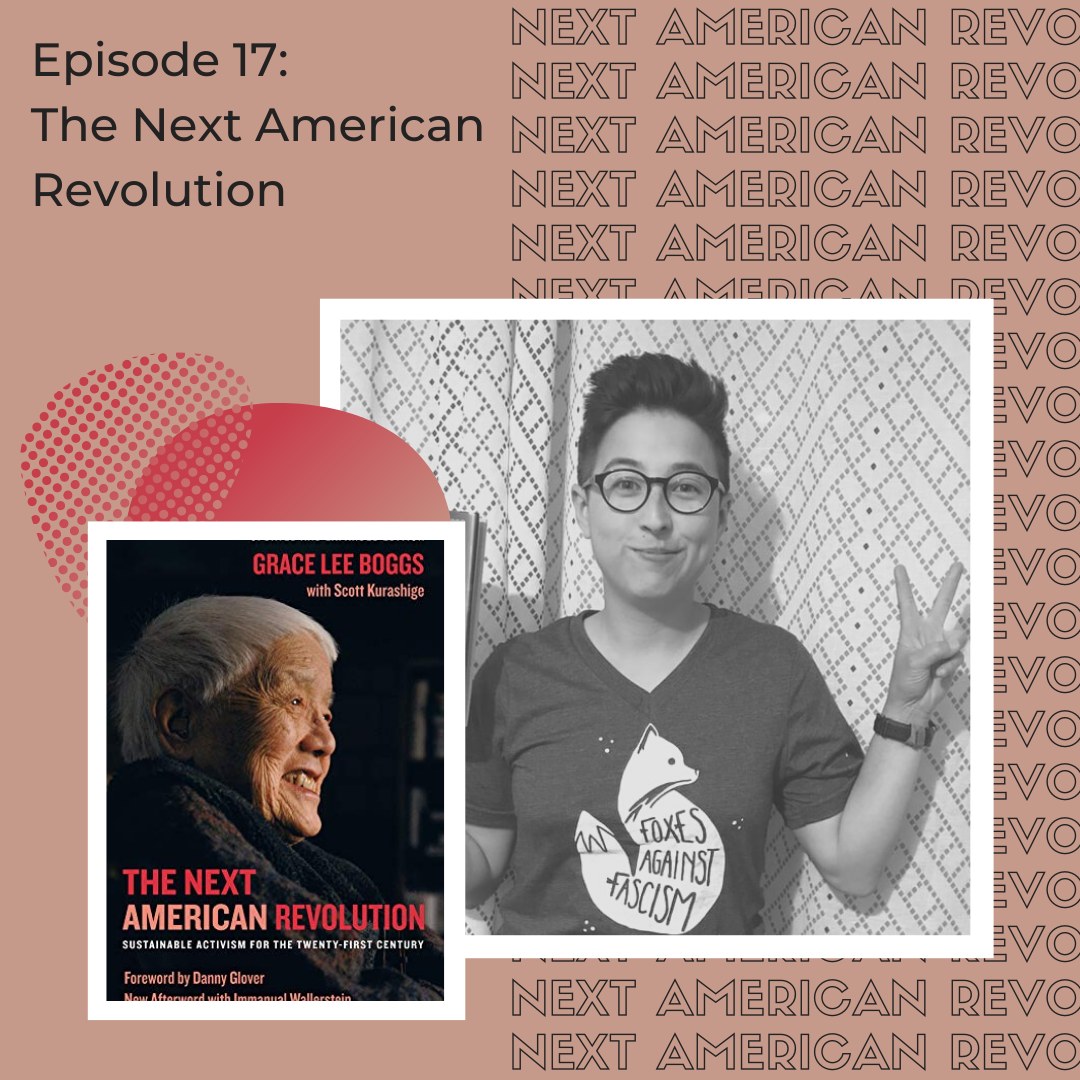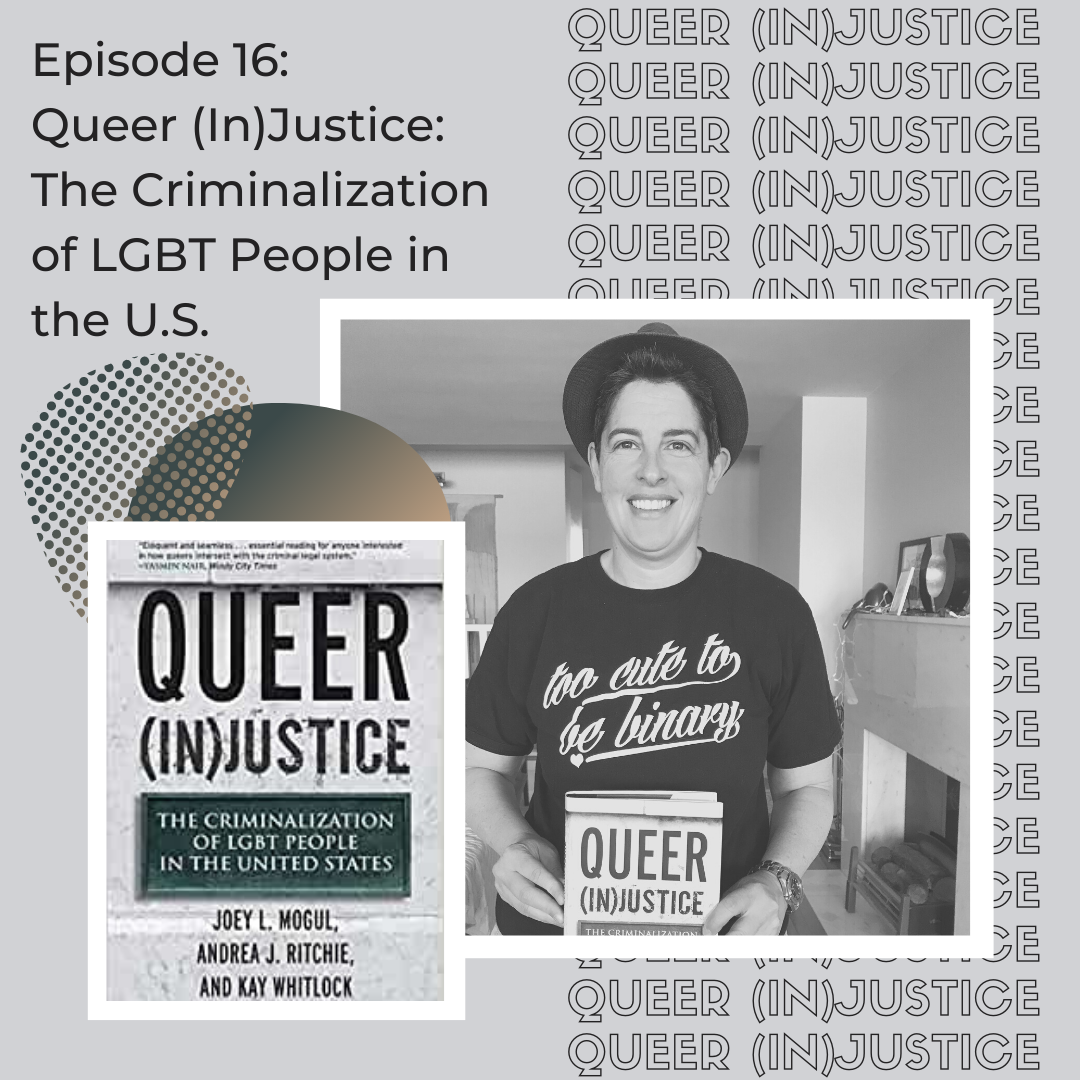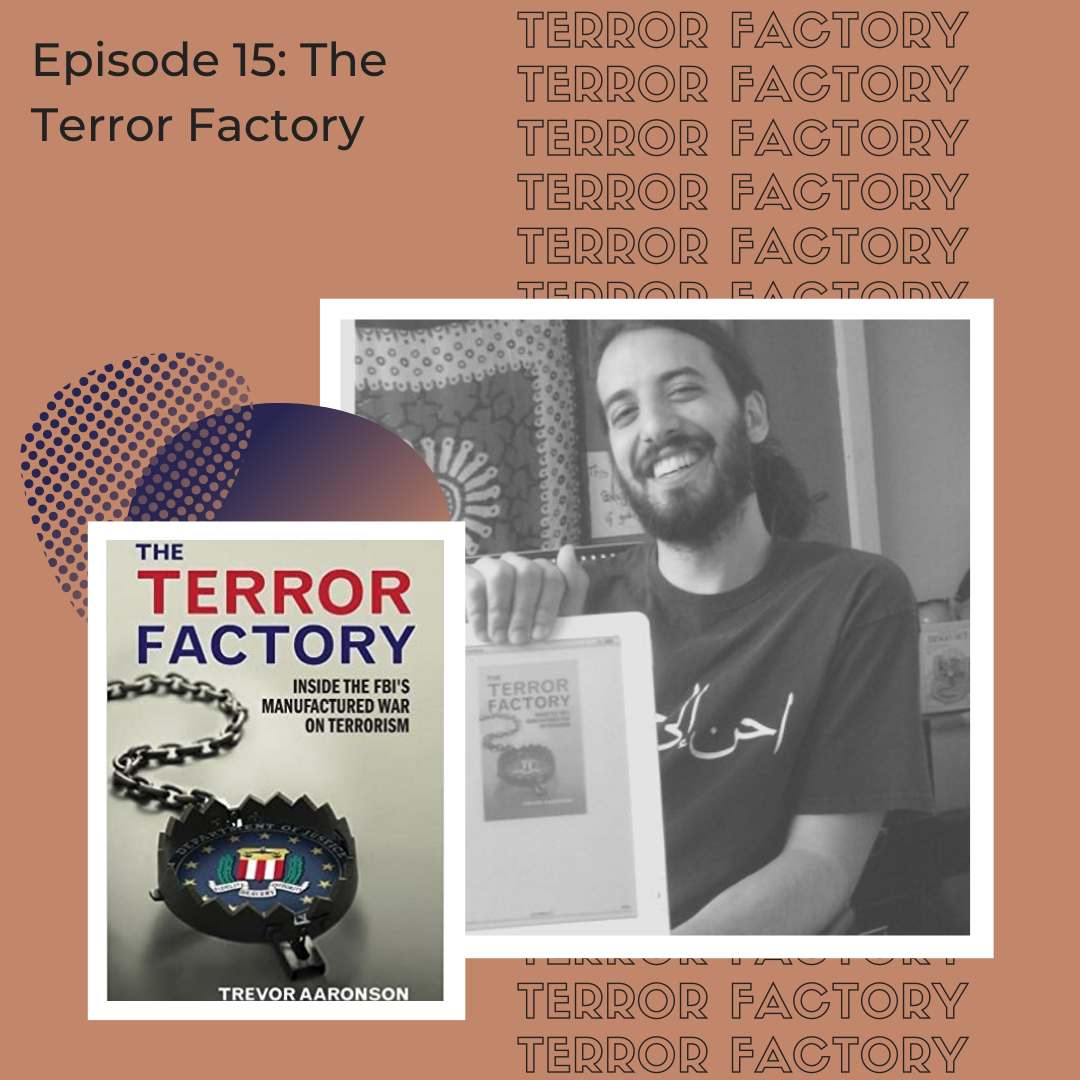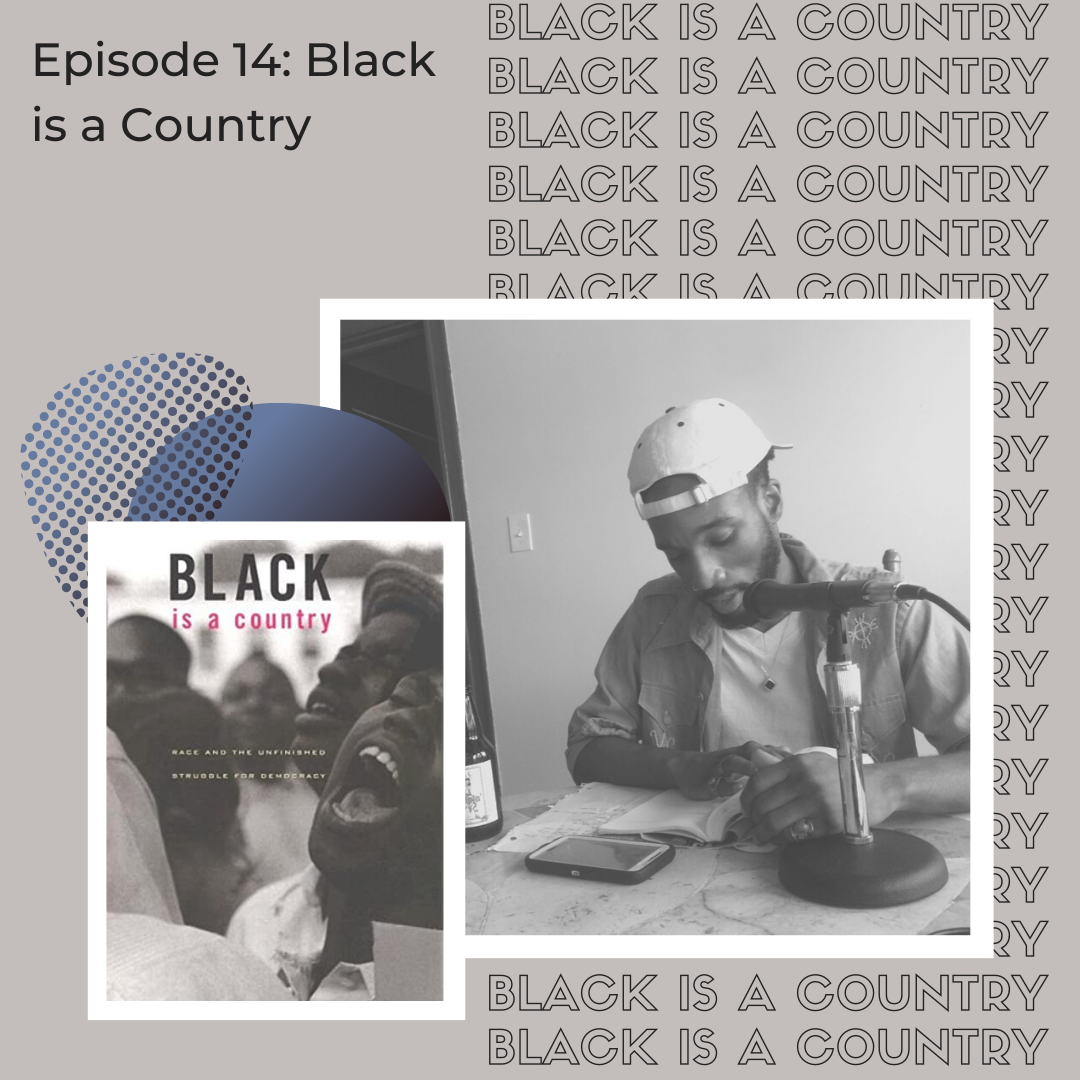2017
SEASON 1
Episodes 1 to 38
In this season’s second round of conversations with abolitionists, community organizers, cultural workers, and writers, Monica and Page dive deeper into invisible narratives of police violence against Black women, women of color, and LGBTQ people, the anti-Blackness of the medical industrial complex, and the anti-Muslim ‘War on Terror.’ Luckily, there’s a very special extended episode – 5 parts to be exact – with SNCC freedom fighter and Chicago native, Fannie Rushing, dropping gems of organizing experience and wisdom to cultivate hope in all of us for the long haul.
Tune in to Season 1, episodes 1-38.
Tune in to Season 1, episodes 1-38.

